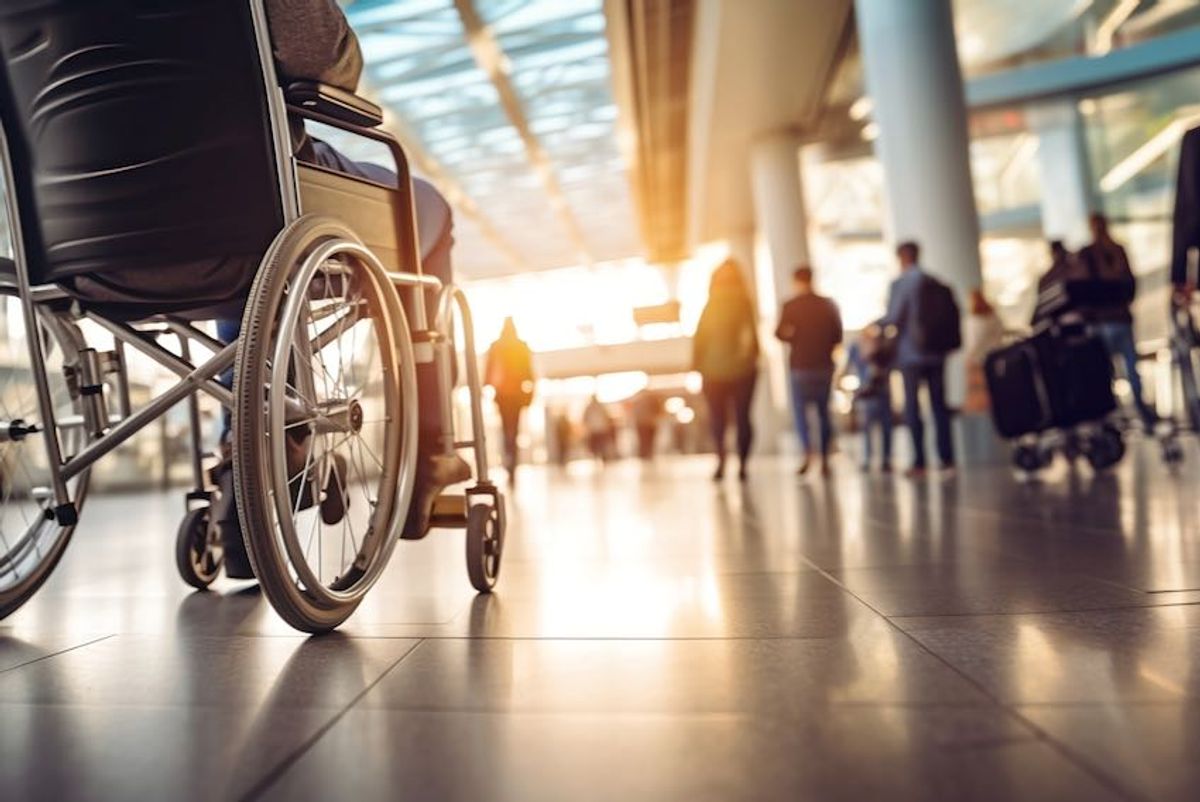Fewer travel programmes and policies are now catering for travellers with additional needs than during the previous two years, according to a survey carried out by Business Travel Show Europe (BTSE).
The poll of 141 Europe-based travel and procurement managers found that there were currently more pressing priorities such as cost cutting and sustainability, which ranked ahead of catering specifically for groups such as LGBTQIA+ travellers, solo females and people with accessibility issues.
Managers were asked if their travel policies and programmes had been built with special consideration for several different types of travellers, but the results were less encouraging than they were in both 2022 and 2023.
Only 27 per cent said their programmes had been built with consideration for LGBTQIA+ travellers, which up from 26 per cent in 2022 but down from 43 per cent last year. More than half of buyers (54 per cent) said that their programmes did not include any provisions for LGBTQIA+ travellers – this number was just 22 per cent in 2023.
Similarly, just 36 per cent of programmes included consideration for solo female travellers – down from 42 per cent in 2022 and 45 per cent in 2023.
There were also drops for “marginalised” communities to 23 per cent and people with accessibility needs (down to 43 per cent), compared with the two previous years. It was a similar story for neurodivergent people with only 18 per cent of programmes specifically catering for them, compared with 39 per cent last year.
Carolyn Pearson, CEO of traveller safety consultancy Maiden Voyage, said: “Whilst this survey reflects the current state, I don’t believe it is a true reflection of the ambition of travel managers and travel management companies (TMCs) because we are seeing unprecedented interest in building inclusivity into travel programmes particularly bearing in mind the changing dynamics of today’s workforce.
“Upcoming generations are generally more ‘gender-fluid’, different life-stages (like the menopause) bring new challenges, we have an aging workforce where more people will be encumbered by growing accessibility needs, and all of this and more will need to be factored into travel programmes moving forward.”
The survey also highlighted reduced focus within policies and programmes for catering for the needs of both younger and older travellers. Only 26 per cent of buyers said their programmes included special consideration for younger travellers, down from 54 per cent a year ago. Similarly, only 23 per cent of programmes specifically addressed issues affecting older travellers, compared with 47 per cent last year.
Improving accessibility within corporate travel will be debated during Business Travel Show Europe on Wednesday, 19 June, at 12pm with a panel including representatives from Maiden Voyage, charitable social enterprise EventWell and British Wheelchair Basketball.
Business Travel Show Europe, which is operated by the BTN Group, takes place on 19-20 June at ExCeL London. Registration is now open for the show.

